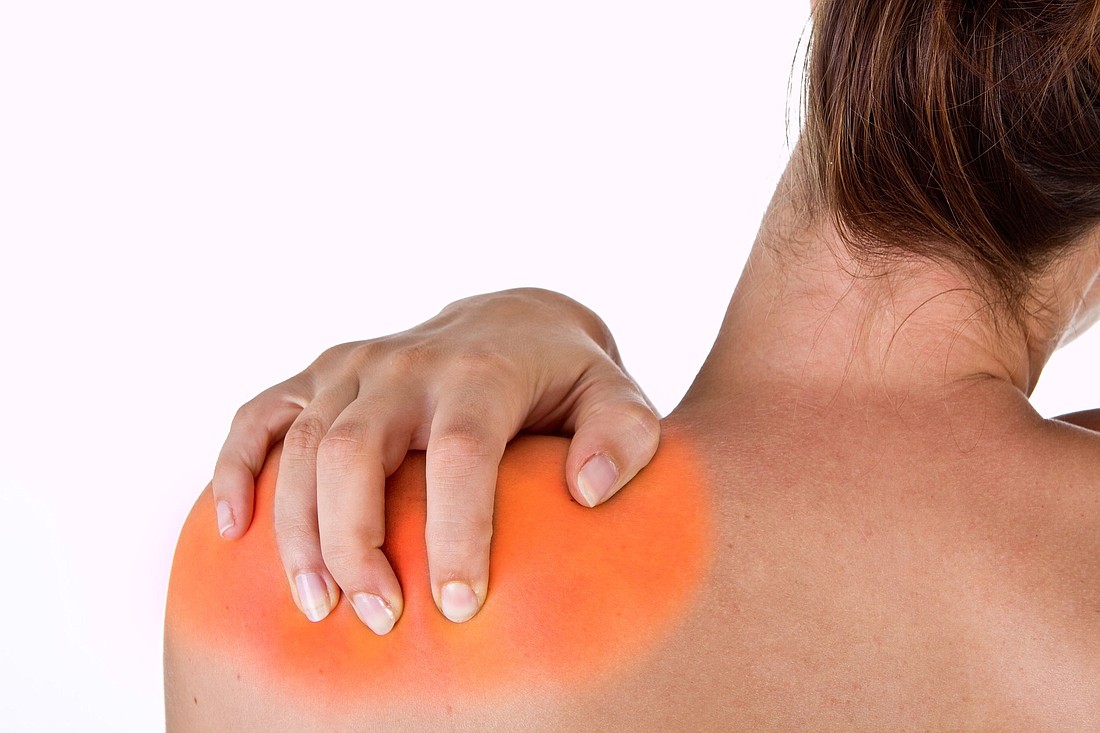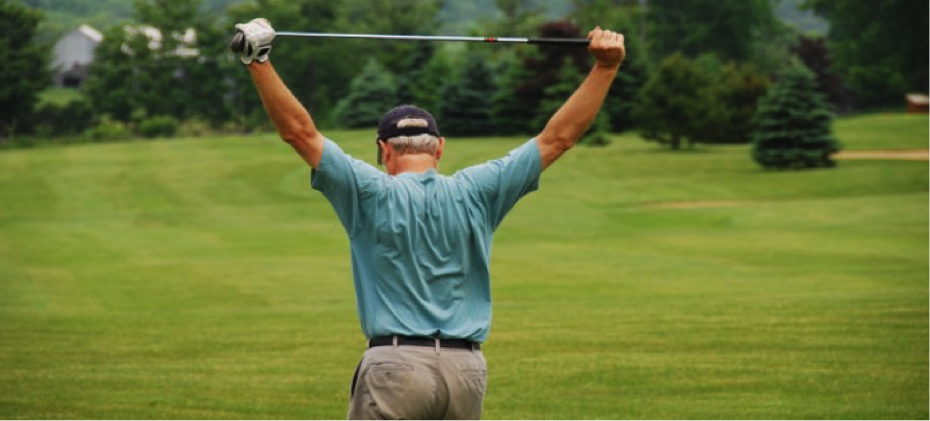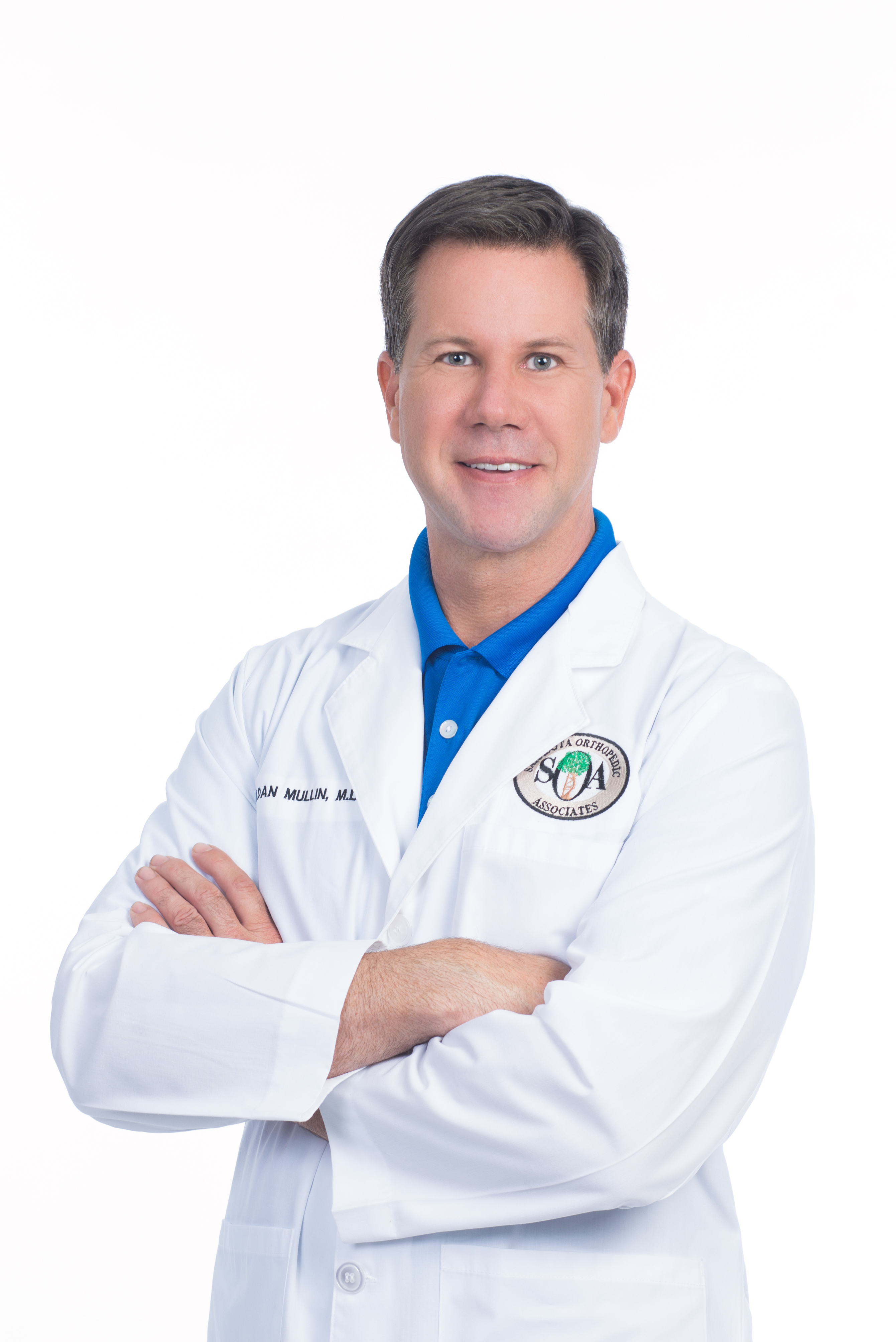-
-
Loading

Loading

Shoulder injuries are common in golfers. Shoulder stresses are different from other sports because each shoulder is in opposition when swinging the club. The forward shoulder stretches across the body with the trailing shoulder raised and rotated leading to complications in each shoulder.
In addition, rotator cuff muscles are placed under stress in providing power and control of the swing. The leading, non-dominant shoulder is most commonly injured due to an extreme position during the backswing. This impingement condition causes inflammation and rotator cuff tears. Placement may also put stress on the shoulder joint and cause tears of the labrum, a stabilizing structure.

Pain may be felt in the shoulder or upper arm at various phases of the golf swing, or following play, often when the arms are overhead or at night. Injuries to the shoulder may be sustained from a poor golf swing, a mis-hit, or from overuse. Golfers may develop tendinitis and tears in the rotator cuff from a combination of poor mechanics and the repetitive motion of the golf swing.
Prevention Tips:
Treatment:
An orthopedic sports medicine physician can examine the shoulder and obtain x-rays or an MRI to determine the cause of injury. Most injuries are treated with rest, anti-inflammatories, and/or physical therapy. Bursitis and tendinitis may be treated with a cortisone injection. For pain that continues despite a thorough treatment program, surgery is an option to consider. Recent advances in arthroscopic surgery allow repair of most injuries through minimally invasive techniques, enabling quick return to your game and minimizing downtime.

Steven Page, MD is a Fellowship Trained & Board Certified Orthopedic Surgeon with a specialty in Sports Medicine at Sarasota Orthopedic Associates. The commitment of Sarasota Orthopedic Associates is to get our patients back on their feet, back to work, back in the game, and back to life.